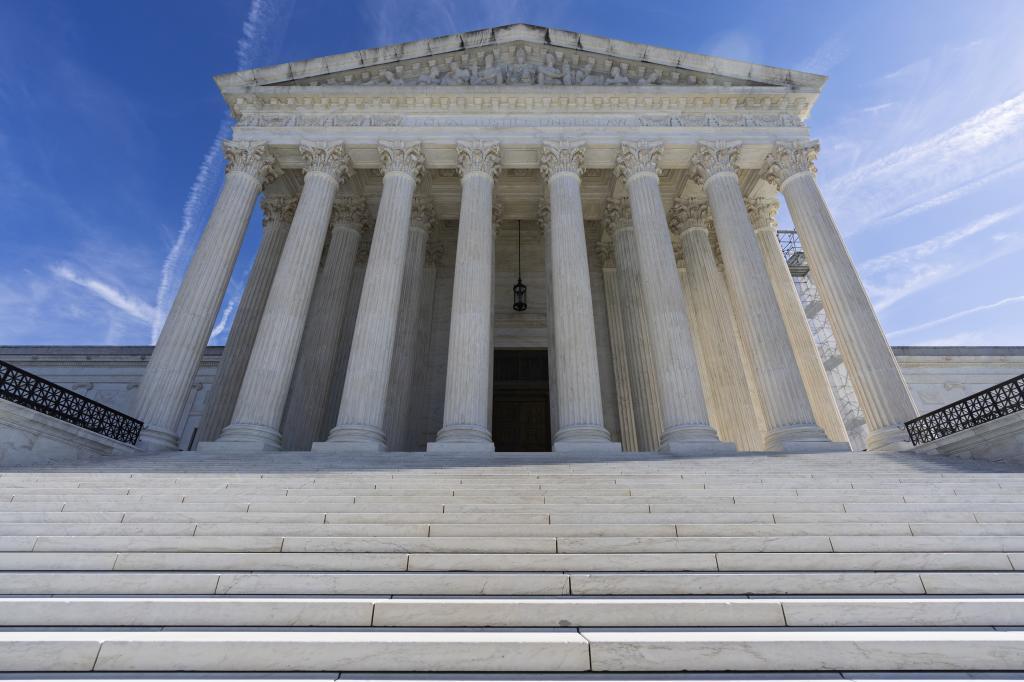A divided U.S. Supreme Court ruled that individual judges lack the authority to grant nationwide injunctions, but the decision left unclear the fate of President Donald Trump's restrictions on birthright citizenship.
The court is issuing decisions on the final six cases left on its docket for the summer, including those that are emergency appeals relating to Trump's agenda.
Cases on the court's emergency docket are handled swiftly, and decisions often come without explanations of the justices' reasoning.
Decisions released today will be related to appeals on birthright citizenship, an online age verification law in Texas, the Education Department's firing of nearly 1,400 workers and DOGE-related government job cuts.
Here's the latest:
"Today, the Supreme Court instructed district courts to STOP the endless barrage of nationwide injunctions against President Trump," U.S. Attorney General Pam Bondi said in a post on the social platform X shortly after the ruling came down.
Bondi said the Justice Department "will continue to zealously defend" Trump's "policies and his authority to implement them."
Universal injunctions have been a source of intense frustration for the Trump administration amid a barrage of legal challenges to his priorities around immigration and other matters.
The outcome was a victory for Trump, who has complained about individual judges throwing up obstacles to his agenda.
But a conservative majority left open the possibility that the birthright citizenship changes could remain blocked nationwide. Trump's order would deny citizenship to U.S.-born children of people who are in the country illegally.
Birthright citizenship automatically makes anyone born in the United States an American citizen, including children born to mothers in the country illegally. The right was enshrined soon after the Civil War in the Constitution's 14th Amendment.
Justice Sonia Sotomayor is reading her dissenting opinion from the bench, a sign of her clear disagreement with the majority's opinion.
The court seems likely to side with Maryland parents in a religious rights case over LGBTQ+ storybooks in public schools, but other decisions appear less obvious.
The judges will also weigh a Texas age-verification law for online pornography and a map of Louisiana congressional districts, now in its second trip to the nation's highest court.
Once they're seated, they'll get right to the opinions.
The opinions are announced in reverse order of seniority so that the junior justices go first. The birthright citizenship case will likely be announced last by Chief Justice John Roberts.
